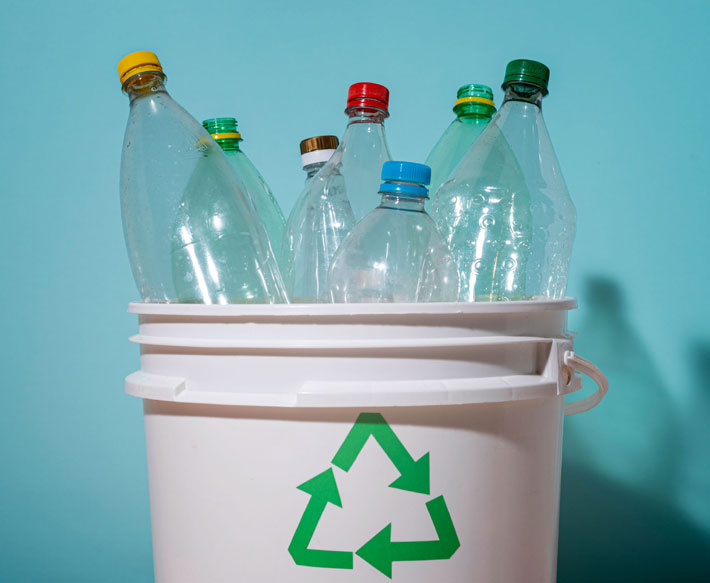Unlocking the Future of Sustainability: Insights into the Japan Plastic Recycling Market

The global drive towards sustainability is transforming industries, and the plastic recycling sector is at the forefront of this green revolution. Among key players, Japan’s Plastic Recycling Market stands out marked by robust growth, technological innovation, and strong government policies. A recent report by Mark & Spark Solutions, offers an in-depth analysis of this evolving industry, revealing promising trends and projections that are crucial for businesses, policymakers, and environmental advocates.
The Rising Tide of Plastic Recycling in Japan
In 2023, Japan's plastic recycling industry processed an impressive 9.24 million tons of plastic waste. This figure reflects the country’s commitment to tackling plastic pollution and enhancing the circular economy. Fueled by increasing environmental awareness, stringent regulations, and technological advancements, the market is set to witness significant expansion.
Looking ahead, projections indicate that the volume of recycled plastics in Japan will reach 14.07 million tons by 2030, growing at a compound annual growth rate (CAGR) of 5.7%. This steady and sustained growth not only demonstrates Japan’s dedication to recycling but also underscores the rising demand for recycled plastic materials in manufacturing and packaging sectors.
What Drives the Growth of Japan’s Plastic Recycling Market?
Several factors contribute to the dynamic growth of the plastic recycling market in Japan:
- Government Initiatives: Japan’s government has prioritized waste reduction and resource recovery through policies that encourage recycling and reduce plastic landfill use. Extended Producer Responsibility (EPR) schemes are pushing manufacturers to take accountability for the entire lifecycle of plastic products.
- Technological Innovation: Advanced recycling technologies such as chemical recycling and improved sorting processes are enhancing the efficiency and quality of recycled plastics, making them more viable for industrial use.
- Consumer Awareness: Japanese consumers increasingly prefer sustainable products and packaging, placing pressure on companies to incorporate recycled materials.
- Economic Factors: The rising cost of virgin plastic materials, coupled with global supply chain disruptions, makes recycled plastic a cost-effective, reliable alternative.
Opportunities and Challenges in the Market
The Japan plastic recycling market presents numerous opportunities for stakeholders but is not without its challenges.
Opportunities:
- The shift towards a circular economy offers extensive potential for developing new markets around recycled plastic products.
- Investment in infrastructure and technology can improve processing efficiency and product quality.
- Collaboration between government, industry players, and research institutions can fuel innovation and knowledge sharing.
Challenges:
- Contamination of plastic waste remains a significant barrier that affects recycling quality.
- The need for standardized regulations and policies to unify recycling processes poses ongoing hurdles.
- Fluctuating global plastic prices and demand can impact market stability.
Future Outlook: Shaping a Sustainable Japan
The ongoing expansion of the plastic recycling market in Japan echoes a global movement toward embracing sustainable resource management. By 2030, reaching a volume of 14.07 million tons at a CAGR of 5.7% highlights the pathway to a greener future driven by innovation and collaboration.
Businesses looking to invest in this sector can benefit from understanding these market trends, adapting to evolving technologies, and aligning with environmental regulations. For policymakers, fostering an enabling environment remains key to maximizing the recycling potential. Consumers, meanwhile, have a crucial role in supporting recycled products through conscious purchases.
With sustainability at its core, the Japan plastic recycling market is poised not only to reduce environmental impact but also to create economic value, proving that environmental responsibility and profitability can go hand in hand.